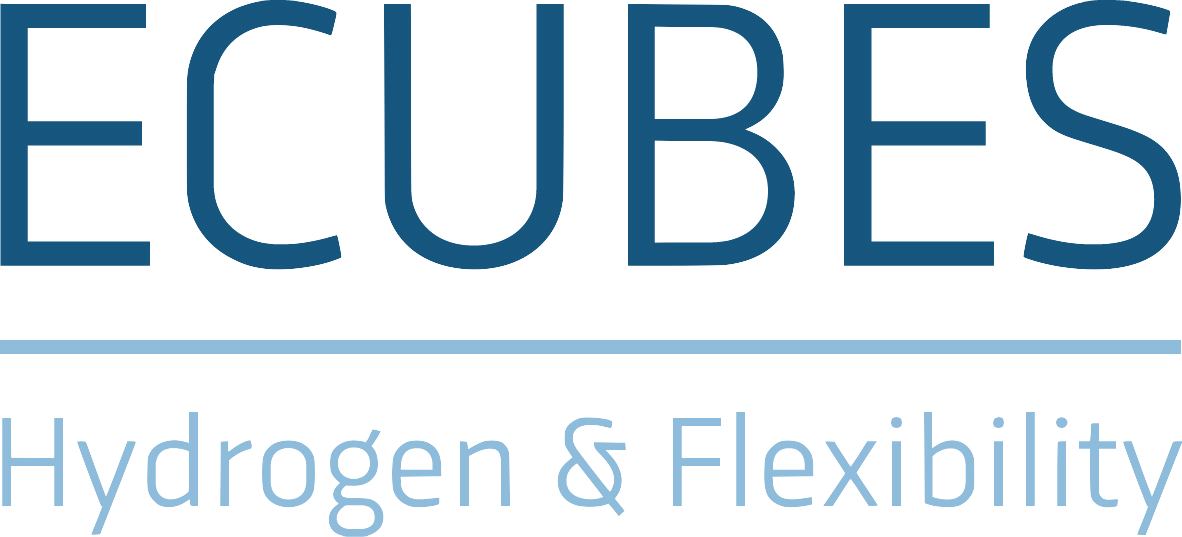Davos,
New Hydrogen Council – How Hydrogen Enpowers Energy Transition – Thirteen leading energy, transport and industry companies have today launched a global initiative to voice a united vision and long-term ambition for hydrogen to foster the energy transition.

Council members have formed the Hydrogen Council to both underpin and leverage the enabling role of hydrogen. This partnership of 13 players from various industry and energy sectors with global reach is committed to providing guidance to accelerate and expand the deployment of hydrogen and fuel cell solutions around the world.
Council Members are inviting governments and key society stakeholders to also acknowledge the contribution of hydrogen to the energy transition and to work with and to create an effective implementation plan – so that the compelling benefits of hydrogen deployment can be reaped.
In the first global initiative of its kind, the ‘Hydrogen Council’ is determined to position hydrogen among the key solutions of the energy transition.
Meeting in Davos for the first time on Tuesday, the ‘Hydrogen Council’ is currently made up of 13 CEOs and Chairpersons from various industries and energy companies committed to help achieve the ambitious goal of reaching the 2 degrees Celsius target as agreed in the 2015 Paris Agreement. The international companies currently involved are: Air Liquide, Alstom, Anglo American, BMW GROUP, Daimler, ENGIE, Honda, Hyundai, Kawasaki, Royal Dutch Shell, The Linde Group, Total and Toyota. The Council is led by two Co-Chairs from different geographies and sectors, currently represented by Air Liquide and Toyota.
“The 2015 Paris Agreement to combat climate change is a significant step in the right direction but requires business action to be taken to make such a pledge a reality. The Hydrogen Council brings together some of the world’s leading industrial, automotive and energy companies with a clear ambition to explain why hydrogen emerges among the key solutions for the energy transition, in the mobility as well as in the power, industrial and residential sectors, and therefore requires the development of new strategies at a scale to support this. But we cannot do it alone. We need governments to back hydrogen with actions of their own – for example through large-scale infrastructure investment schemes. Our call today to world leaders is to commit to hydrogen so that together we can meet our shared climate ambitions and give further traction to the emerging Hydrogen ecosystem.” Benoît Potier, CEO, Air Liquide.
“The Hydrogen Council will exhibit responsible leadership in showcasing hydrogen technology and its benefits to the world. It will seek collaboration, cooperation and understanding from governments, industry and most importantly, the public. At Toyota, we have always tried to play a leading role in environmental and technological advances in the automotive industry, including through the introduction of fuel cell vehicles. Moreover, we know that in addition to transportation, hydrogen has the potential to support our transition to a low carbon society across multiple industries and the entire value chain. The Hydrogen Council aims to actively encourage this transition.” Takeshi Uchiyamada, Chairman, Toyota.
“In Europe, the transportation sector is now the second biggest producer of emissions. Rail transportation is the cleanest and safest form of mass transportation and needs to become even cleaner. Hydrogen traction is a revolution as it is 100% emission free. I am proud to be part of the Hydrogen Council to develop further this technology that will change the face of transportation.” Henri Poupart-Lafarge, CEO, Alstom.
Revolutionary ZERO EMISSION INFRASTRUCTURE PLAN IN INDONESIA by ECUBES ARCOLA
Barcelona, Nov. 17th, 2016 – ZERO EMISSION MOBILITY AND ENERGY STORAGE FOR THE ASIAN GAMES 2018 by ECUBES ARCOLA

Mr. Alex Noerdin, Governor of South Sumatra in Indonesia, said: “We are confident that in addition to the grid power and zero emission mobility solutions that ECUBES ARCOLA will deliver for those involved in the Asian Games, there will be ongoing benefits for the residents of South Sumatra as a legacy of this decision. We are monitoring exiting developments in Europe, particularly the FutureFlow project, whose cross-border supply balancing and redistribution ambitions I believe may provide a model for nations across our region.”
Mr. Uroš Salobir M.Sc., General Coordinator for System Development, Advisor to CEO at ELES, Slovenian electricity Transmission System Operator leading the FutureFlow project, said: “There is an accelerating shift toward both electricity generation from renewable sources and more efficient, demand-led power provision by electricity transmission system operators. The resulting steady phasing-out of conventional, fossil fuel power plants is already fostering exciting innovation across the energy generation and supply ecosystem, both in terms of energy supply balancing and re-dispatching and the development of new energy markets. The European-funded, €13m four-year FutureFlow pilot project, led by ELES is at the heart of that wave of innovation, both in Europe and further afield.”
Dr Ben Todd, Chief Technical Officer at ECUBES ARCOLA said: “Important progress is being made in decarbonising power generation through the move to lower carbon fossil fuels, e.g. from coal to natural gas, on the path to fully renewable sources. The intermittent nature of renewable energy supply presents multiple technological challenges however. Hydrogen fuel cell-based technologies, particularly when applied to grid-balancing and power redistribution, offer multiple benefits and far lower carbon emissions than current alternatives. “The approaches being tested at scale both in the FutureFlow pilot project in Europe and the ambitious deployment in South Sumatra will provide important reference cases for the accelerating roll-out of MW-scale hydrogen enabled power grid solutions.”
Mr. Aleksander Gerbec, President at ECUBES ARCOLA said: “This announcement is an early realisation of the growing interest in the unique capacity for hydrogen fuel cell technology to provide rapid-response energy demand balancing. This is a critical benefit, as governments increasingly move away from fossil fuel- power generation and toward a decarbonised power mix – including natural gas and hydrogen as key enablers for both power generation and zero emission mobility. Moreover, it demonstrates the critical role that far-sighted, committed leadership plays in ensuring that energy generation and supply challenges are tackled head-on and as early as possible. “This approach, already underway in Europe, through the FutureFlow project, led by ELES, will create new opportunities to develop the power generation and supply ecosystem, as well as developing completely new business models and value chains. In short, Indonesian economy will benefit from the committed leadership decision made by its government and Infrastructure developers oriented towards Green Future.”
